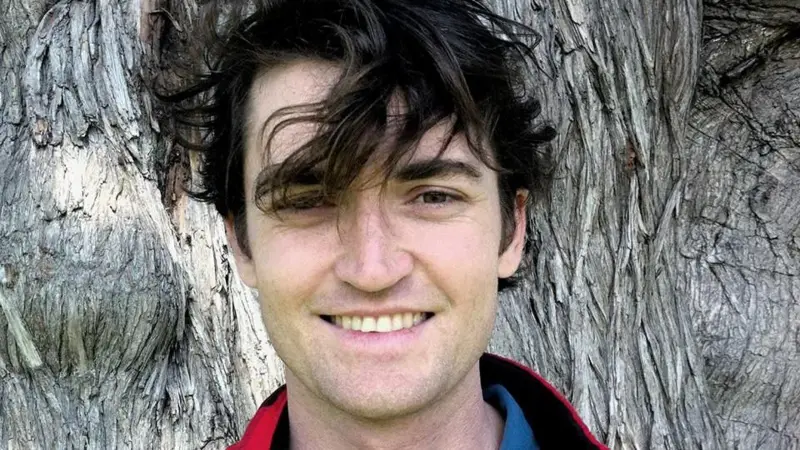Scientists will never find just one single addiction gene. Like most other diseases, addiction vulnerability is a very complex trait. Many factors determine the likelihood that someone will become an addict, including both inherited and environmental factors.
Because addiction is a complex disease, finding addiction genes can be a tricky process. Multiple genes and environmental factors can add up to make an individual susceptible, or they may cancel each other out. Not every addict will carry the same gene, and not everyone who carries an addiction gene will exhibit the trait.
However, multiple lines of research show that addiction is influenced by genes.


